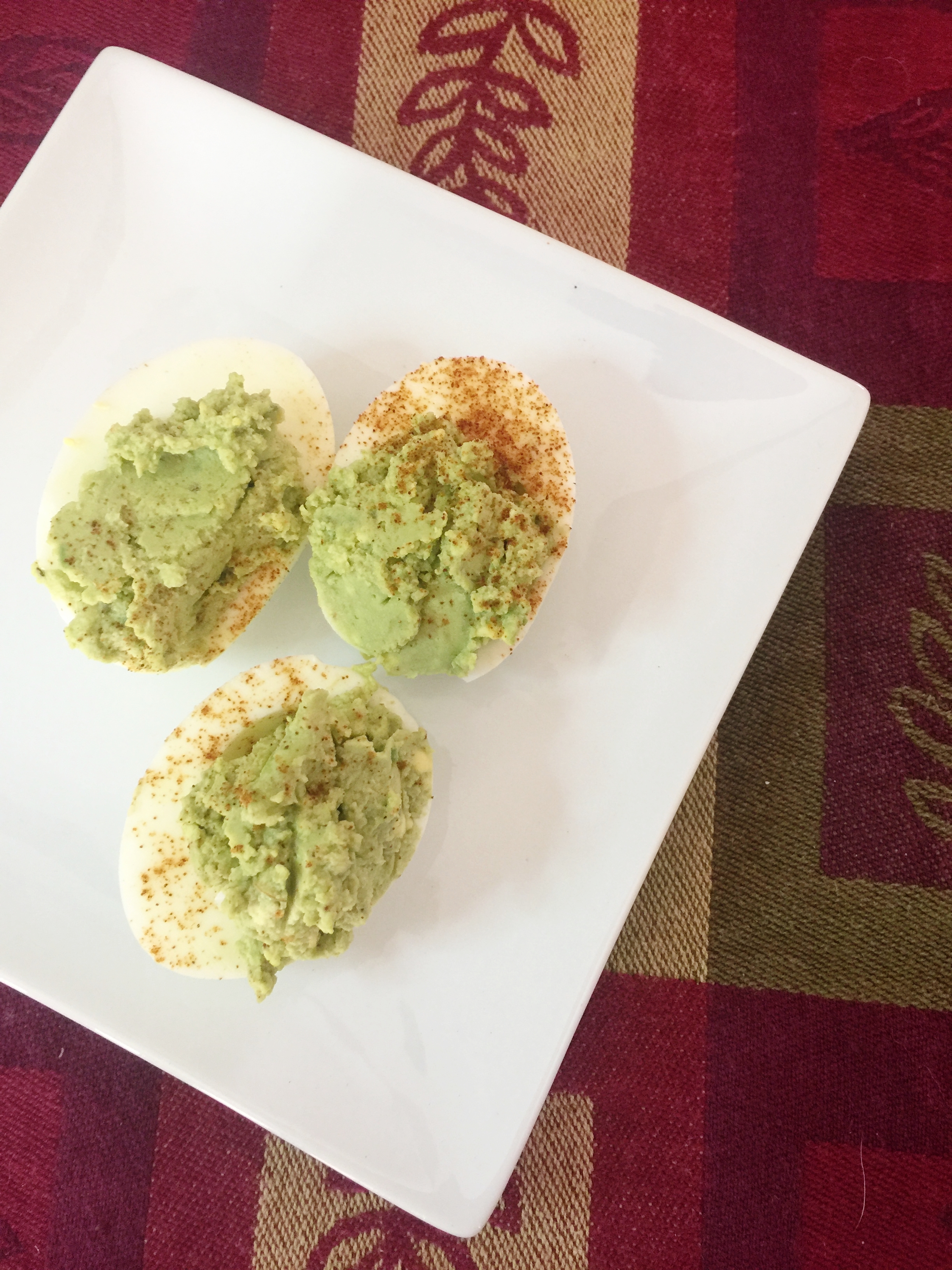The question frequently asked of me: How does one become an expert in stress and adrenal fatigue? My answer: go through burnout twice and get mentored by the leading expert in Adrenal Fatigue, Dr. James L. Wilson.
Did you catch that? Twice. I suffered through a burnout TWICE.
You would think I would figure out what went wrong in my health and not do that again, right? That seems reasonable for sure; however, my burnouts were a result of two completely different circumstances.
Something to note: it’s not unusual to hear from my clients suffering through burnout for a second time; they slowly slid back into a lifestyle that resulted in the first burnout and leads to a second episode.
That isn’t necessarily my story, but I do find my story to be the same story of most women. I was striving for perfection.
My first burnout (and the focus of this blog post) was a result of over-exercising and under-eating. After going on birth control in 1999, I struggled with maintaining a healthy weight. I decided to stop taking the pill in 2000 after suffering debilitating migraines. I had never experienced headaches of this magnitude before and the pill was really the only thing that had changed in my life that could be leading to severe headaches. After I stopped the pill, the weight continued to be difficult to manage.
Add in getting pregnant and birthing three children in 5 years and weight loss seemed elusive. I tried everything under the sun to lose weight: fasting, Weight Watchers, juice cleanses, Isagenix, South Beach, Atkins, low fat- low calorie, Nutrisystem, diet pills. Everything.
In 2012, I went all in. Whatever it took, I would do. I sought coaching from a former physique competitor and began heavy weight training. I also added in a ton of cardio. I woke up at 2:30 AM to get to the gym at 3. I trained with weights for an hour and then did an hour of cardio.
I would go to work, come home and go for a 3-5 mile run. Sometimes I would play an exercise video on my laptop during my lunch hour and workout in the warehouse at my office.
I kept my calories around 1,200 most days and focused on consuming all the protein. I had two protein shakes a day. I was severely under-eating for the amount of activity I had each day. I became orthorexic. I measured and journaled each morsel. If I ate something that wasn’t “clean”, I added in extra exercise. I felt shame and guilt for not being “perfect”.
This went on for 1 ½ years. During this time, I went through a divorce, became a single mom, switched from a part-time photographer to a full-time business development manager that traveled, got into another relationship that was unhealthy, and now had this obsessive “fitlife”.
I had lost 40 pounds and was the leanest I had ever been since high school. To society, I looked perfect. I never saw it. I was so critical of myself. I was addicted to the creation of my “perfect” body. I yearned for better and continued to drive myself until I hit the wall. In 2014, I got so sick that I was out of work for close to three weeks.
Almost every infection possible had hit me at once (sinus, double ear, upper respiratory, urinary tract, and eye). I went through multiple rounds of antibiotics to recover. I was left weak, fatigued, and lethargic.
The ironic part? I was working with THE leading stress and Adrenal Fatigue expert, Dr. James L. Wilson. In fact, my job was to train and educate practitioners that were treating their patients for symptoms of stress that led to Adrenal Fatigue. I knew what led to Adrenal Fatigue and burnout. I taught medical practitioners how to treat their patients. I had the tools and education. But I didn’t live it. I thought I was living the healthy life!
I exercised. I ate clean. I took my supplements. But it was excessive. There was no rest. No grace for myself. No room to be gentle. Rest days were only for those who didn’t want it enough.
The Road to Recovery
This incident of burnout led me to an entire new life and perspective of wellness. Dr. Wilson helped guide me back to a path to healing and health. I found out my hormones were a mess, my cortisol levels were completely opposite of what they should be, and I had some severe vitamin deficiencies. As I researched my way to recovery, I took my mentoring and education to heart. It lit a fire deep within me to teach other women how to avoid burnout and pursue recovery.
I had already begun coaching women on a weight loss journey, but I changed the way I coached my clients after my burnout because I realized I was leading women toward the same disaster I had just gone through myself. And so many other coaches have been doing the same!
We have women chasing this “ideal” and compromising their health in doing so. I have made it my personal mission to offer a comprehensive and holistic approach to prevent and recover from burnout. It’s not enough to give a client a meal and exercise plan; we must address the emotional, lifestyle, and nutritional changes that need to take place for sustainable results.
The effects of stress on the body are of enormous proportion. When a stress response is kicked on (and stays on in times of chronic stress), EVERYTHING is affected: hormones, blood sugar, digestive system, brain cognition, immune system, tissue health.
Adrenal Fatigue doesn't have to be permanent.
Adrenal Fatigue is completely preventable when you are intentional towards a holistic approach to health. Stress is a choice, burnout is a result.
If you think you may be suffering from burnout, click the button to download “5 SIGNS OF BURNOUT” to understand the symptoms and steps needed to promote recovery.
What questions do YOU have about adrenal fatigue? Let me know in the comments!














